BENZBROMARON AL 100 ALIUD Pharma /100 tbl in Box/
$41.89
Benzbromarone is to date the most potent uricosuric drug ever tested in clinical practice, being able to totally suppress URAT1-mediated reabsorption of uric acid. Unfortunately, it is not universally available. It is a benzofuran derivative, and after oral intake, it reaches peak plasma concentration in 2 to 4 hours, with its bioavailability being close to 50%.23 Benzbromarone undergoes liver metabolism and is excreted primarily through the bile, no dose adjustment needed in patients with nonterminal renal dysfunction. Although the half-life of benzbromarone is short, 6-hydroxibenzbromarone is a major metabolite with uricosuric properties and a half-life exceeding 24 hours.24
As with other potent urate-lowering drugs, benzbromaroneprescription is started at low dose, 50 mg/day, to avoid mobilization flares due to sharp and sudden reduction of SUR levels. Doses may be increased up to the maximum labeled dose of 200 mg/day. The efficacy in reducing SUR levels of benzbromarone 100 mg/day has been shown to be superior to allopurinol 300 mg/day or probenecid 1000 mg/day,24 its efficacy being close to that of allopurinol 400 mg/day in patients with normal renal function.5 Recent blinded, randomized, controlled trials have shown that the effectiveness of benzbromarone 200 mg/day to reach target SUR levels lower than 5 mg/dL is superior to allopurinol 2 g/day18 and that benzbromarone 200 mg/day is comparable to allopurinol 600 mg/day.25 Limitations inherent to these two recent trials are the short exposure period, limiting any conclusion on safety, and the prescriptions being twice daily for allopurinol but once daily for benzbromarone.
Adding low-dose benzbromarone to standard allopurinol doses has shown an additive effect on SUR level reduction similar to that observed with standard doses of benzbromarone.26 Contrary to other available uricosuric drugs, which may lose at GFR lower than 50 ml/min, benzbromarone has been shown to maintain its uricosuric properties in patients with mild to moderate reduction of GFR down to 20 mL/min,27 despite concomitant treatment with drugs that induce hyperuricemia, such as diuretics and cyclosporine, as occurs with renal transplant recipients.
Out of stock

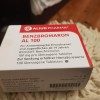
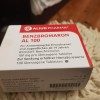
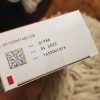



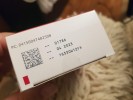


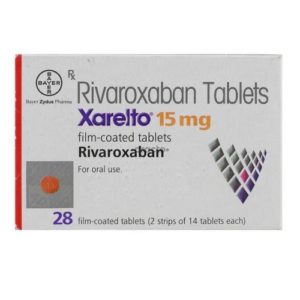
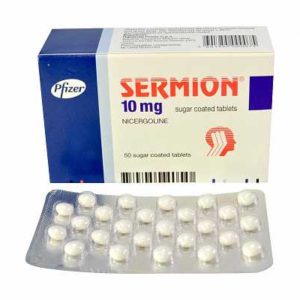
Reviews
There are no reviews yet.